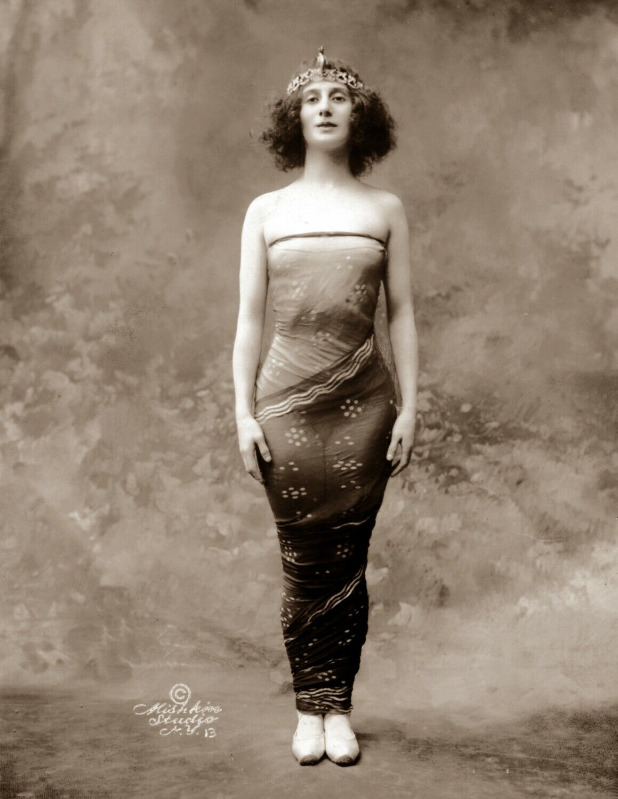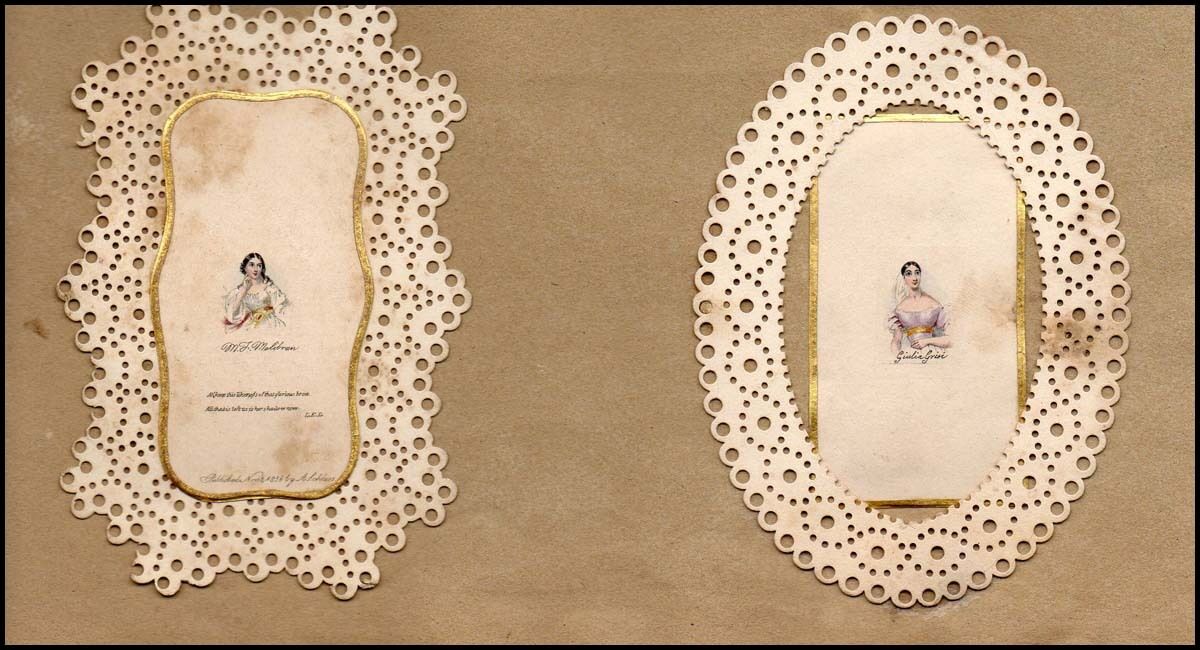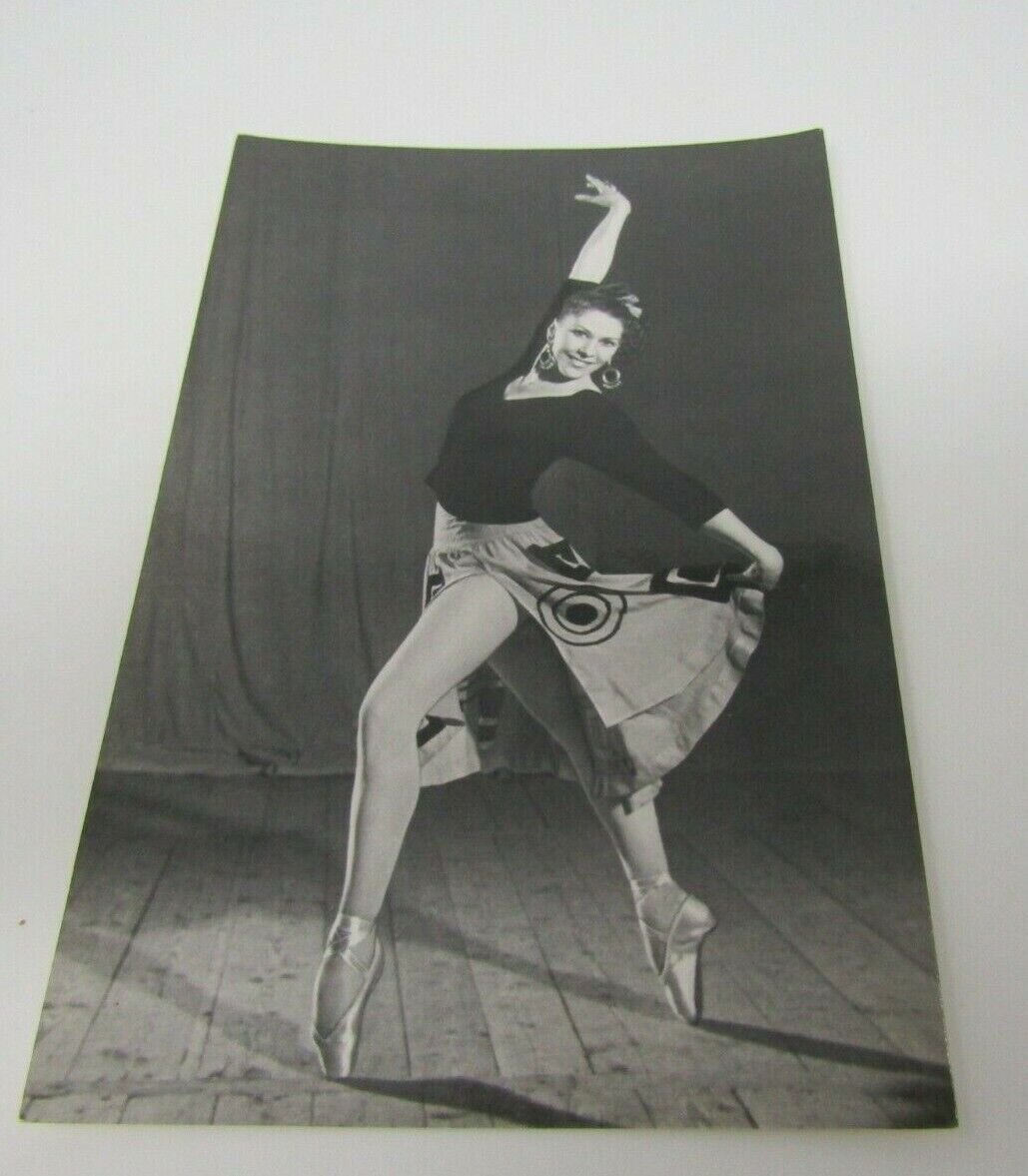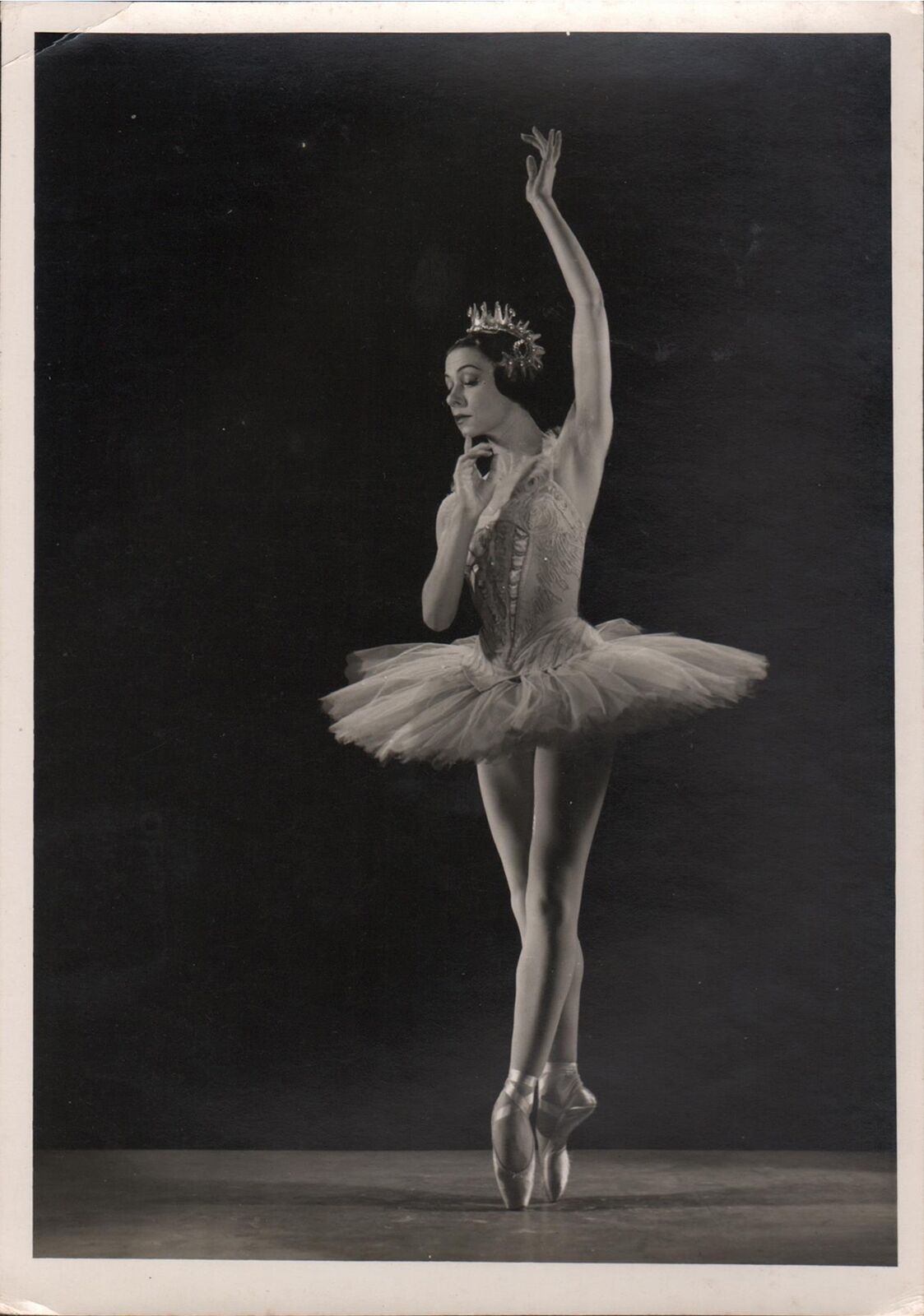-40%
OSIP PETROV Opera Bass CDV photograph most important bass in 19th Century Russia
$ 84.48
- Description
- Size Guide
Description
Carte de visite of the legendary Russian bass of the bel canto period. This photograph is by the early Russian photographer Nikolay Shchetinin and dates to 1869. It has rounded corners from inclusion in a carte de visite album.Osip Petrov (1806-1878) was a Ukrainian opera bass. He began his musical training singing in church choruses and also learned to play the guitar. His family was not pleased about music as a profession and sent him to work for his uncle, a local merchant. Not a good fit, he quit and went on an opera tour with the Zhachurakovsky Opera Company. He left that company a joined the Ivan F. Stein Company where he met the actor Mikhail Shchepkin who became a mentor. His reviews in the touring companies led to St. Petersburg where he was given a contract at the Imperial Opera at the Mariinsky Theatre in 1830. He literally worked there performing until the day before his death. As the earliest "great bass" in Russia, he had 100 roles in his repertory many of which were creations in World Premieres. Roles written for him included: Ivan Susanin in the two "Life of the Tsar" operas by Cavo and Glinka (He sung the role 293 times), Ruslan in Glinka's "Ruslan and Lyudmila" (He created the role of Farlaf in the Moscow Premiere at the Bolshoi 4 years later), Vaarlam in "Boris Godunov", Kochubey in Tchaikovsky's "Mazeppa", Ivan the Terrible in Rimsky's "Maid of Pskov", Prince Gudal in Rubinstein's "Demon", Ozias in Serov's "Judith", The Mad Miller in Dargomyszky's "Rusalka", Leoporello in Dargomyszky's "The Stone Guest"
On April 21, 1876, the Mariinsky held a 50th Anniversary benefit for him where he was presented with a gold medal, by Alexander II.
The President of the Russian Musical Society, Grand Duke Konstantin gave the testimonial address. The Theatre presented Petrov with a wreath made of 100 gold leaves studded with diamonds, one leaf for each of the 100 operas in which he had sung. Finally, Piotr Tchaikovsky for the occasion wrote
Cantata on the Occasion of the Celebration of the 50th Jubilee of the Singer Osip Afanasievich Petrov
for tenor, chorus and orchestra.
The premiere was given two weeks later at the St Petersburg Conservatory on May 6, 1876 with the cellist Karl Davidov conducting.
Harmonie Autographs and Music, Inc
Appraiser and Music Antiquarian
New York, NY
All Autographs Guaranteed Authentic!










